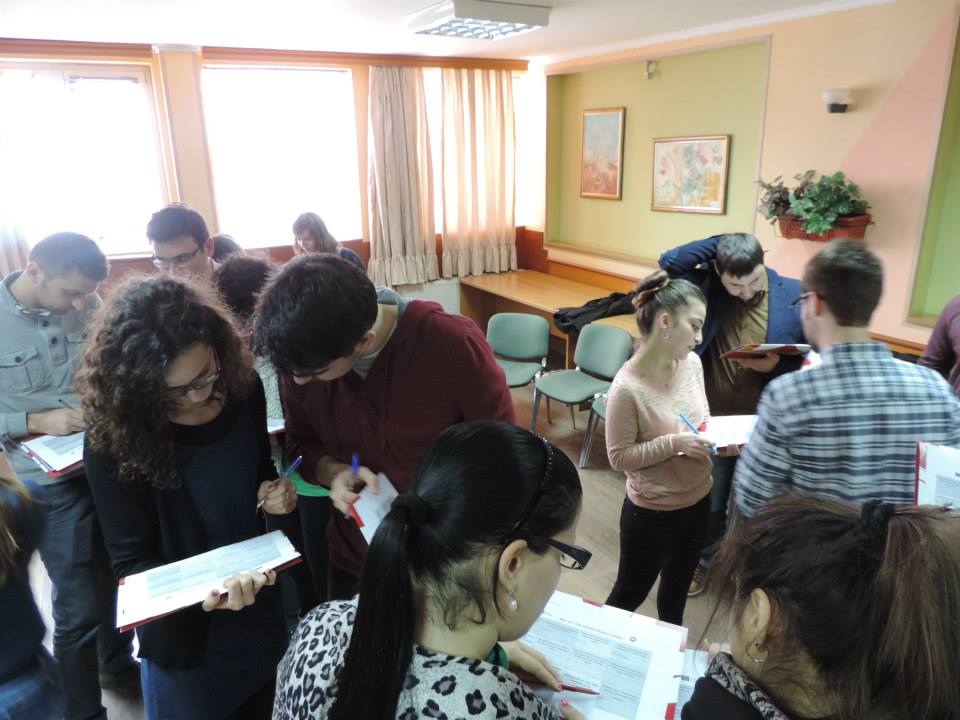About Poland Non-formal education in Poland is carried out by many non-profit organisations, e.g. associations and foundations and social centres, which involve local youth in various activities. For example, some ways of implementing non-formal education involve volunteering activities, exchange projects, seminars, trainings and internships, etc. More and more young people in Poland are engaged in non-formal education activities, both those who are high achievers and want to use their skills and knowledge in their local community, as well as those who come from disadvantaged backgrounds, dropped out from school and wish to explore alternative ways of educating themselves, outside of the formal education system. This way gives them the chance to learn the skills and put them in practice so that they will gain valuable experience, not only theoretical knowledge, which is taught in the more formal educational settings. Youth centres and NGOs are therefore involved into activating local youth, both in their local environment, as well as by promoting opportunities involving gaining international experience, e.g. EVS or Youth in Action exchanges. However, the problem may be that non-formal education experience is most usually not recognized by employers (unless it is the employer active in the third sector -most NGOs recognize Youth Passes and volunteering certificates). Therefore the issue of recognition when it comes to non-formal education is still something to discuss and work on.
Agnieszka Piorunska, Poland
About Moldova
Moldova, although it’s making changes towards a more European mentality and best practices, still has a long way to go to move away from the Soviet principles. The same applies for education. Formal education is well known and recognized. Academic institutions prefer a more conservative, formal, and planned method of teaching and learning. Non-formal education is just now starting to be considered an option, so there are no visible results yet. In my opinion, people of Moldova think that if we focus too much on non-formal education, we might disregard completely the formal one and might not have good results in the end. There should be more projects organized by NGOs and public institutions to promote the idea of non-formal education and teach about how it can be combined with formal education in order to reach better results. Case in point, we have a small language center in Moldova. In our courses, we use elements of non-formal education in a formal education environment. The students like the practice and the experience, and ask for it later during courses,saying that it’s creative, interesting, and interactive. In our case the mix of formal and non-formal education practices seems to be very effective. We are probably the only institution, or one of the few, who adapted this concept and observed its outstanding results. I truly believe that Moldova needs to know more about non-formal education and how it goes hand-in-hand with formal education for visible results.
Valentina Brega, Moldova …. “With the support of the Youth in Action Programme of the European Union.”

